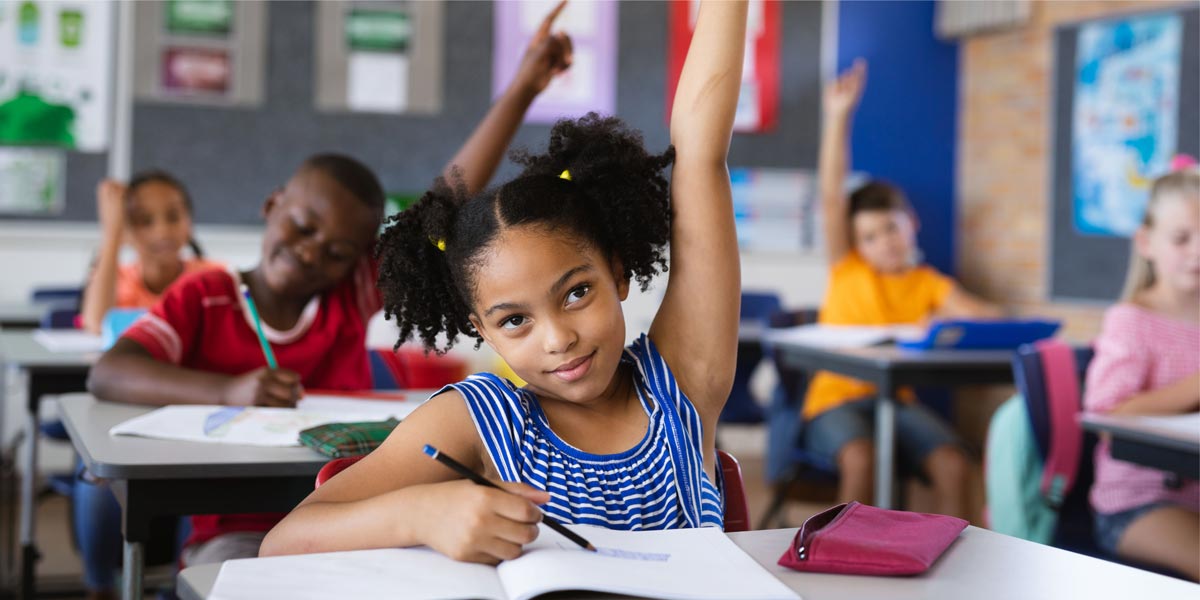Classroom Questioning

Classroom questioning is a common teaching strategy, and its potential for influencing student learning has led many researchers to examine relationships between questioning methods and student achievement and behavior.
This classic brief by Researcher Kathleen Cotton reviews the available research on on the relationship between teachers' classroom questioning behaviors and a variety of student outcomes, including achievement, retention and level of student participation. Originally published in 1988 by Education Northwest (known then as the Northwest Regional Educational Laboratory), this brief remains popular with nearly 300 scholarly citations and thousands of downloads each year.
The review looks at the characteristics of the research through lenses such as:
- General findings
- Placement and timing of questions
- Cognitive level of questions
- Wait time
- Redirection/Probing/Reinforcement
- Student attitudes
- Teacher training
Also included is a section on the guidelines for effective classroom questioning.
The brief originally appeared as part of the School Improvement Research Series. We acknowledge that the research and terminology have evolved since original publication and provide it as a foundational piece for educators exploring effective classroom questioning practices.



